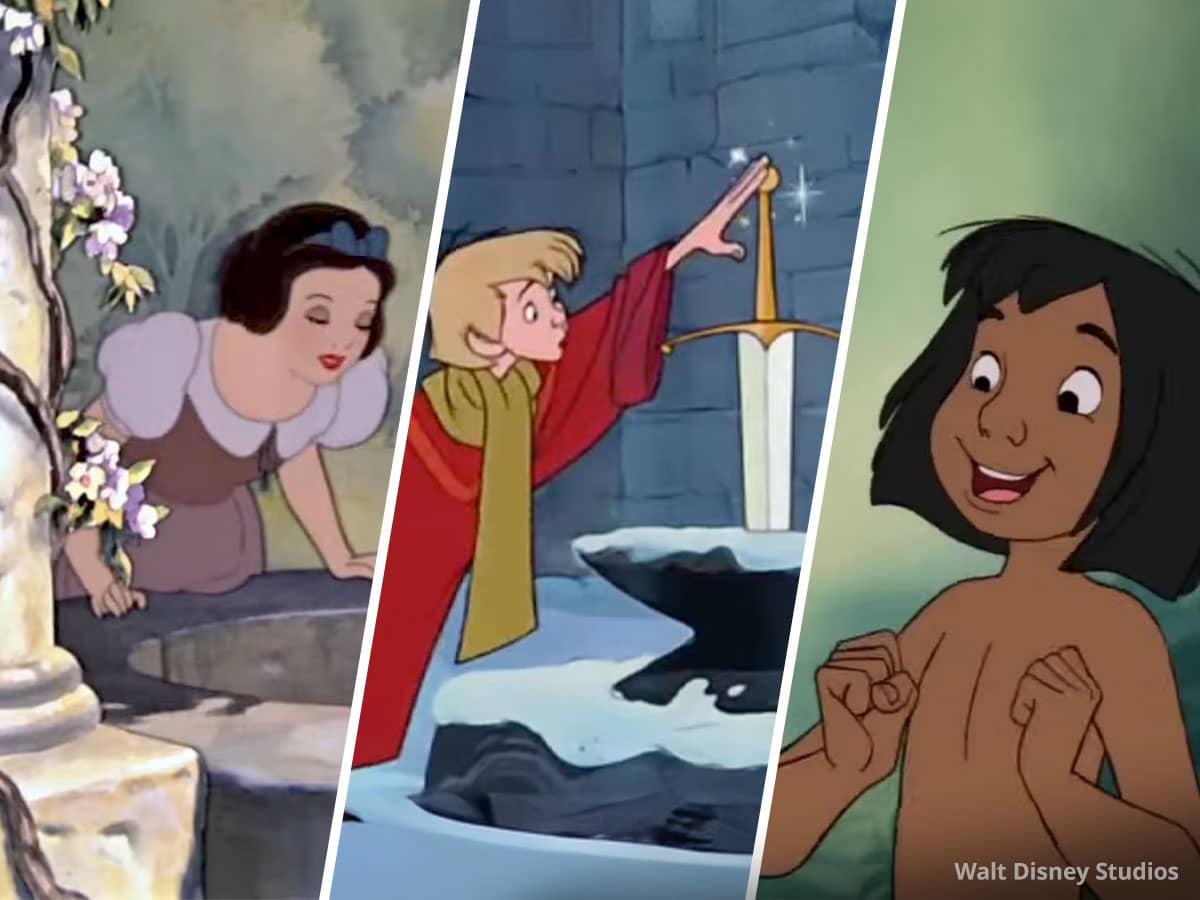Your book mentions "the greatest conspiracy of the past 2,000 years." What is this conspiracy?
Revealing that secret would rob readers of all the fun, but I will say that it relates to one of the most famous histories of all time…a legend familiar to all of us. Rumors of this conspiracy have been whispered for centuries in countless languages, including the languages of art, music, and literature. Some of the most dramatic evidence can be found in the paintings of Leonardo Da Vinci, which seem to overflow with mystifying symbolism, anomalies, and codes. Art historians agree that Da Vinci's paintings contain hidden levels of meaning that go well beneath the surface of the paint. Many scholars believe his work intentionally provides clues to a powerful secret…a secret that remains protected to this day by a clandestine brotherhood of which Da Vinci was a member.
How did you get all the inside information for this book?
Most of the information is not as "inside" as it seems. The secret described in the novel has been chronicled for centuries, so there are thousands of sources to draw from. In addition, I was surprised how eager historians were to share their expertise with me. One academic told me her enthusiasm for The Da Vinci Code was based in part on her hope that "this ancient mystery would be unveiled to a wider audience."
This novel is very empowering to women. Can you comment?
Two thousand years ago, we lived in a world of Gods and Goddesses. Today, we live in a world solely of Gods. Women in most cultures have been stripped of their spiritual power. The novel touches on questions of how and why this shift occurred…and on what lessons we might learn from it regarding our future.
The topic of this novel might be considered controversial. Do you fear repercussions?
No. As I mentioned earlier, the secret I reveal is one that has been whispered for centuries. It is not my own. Admittedly, this may be the first time the secret has been unveiled within the format of a popular thriller, but the information is anything but new. My sincere hope is that The Da Vinci Code, in addition to entertaining people, will serve as an open door begin their own explorations.
This novel unearths some surprising Christian history. Are you a Christian?
I am, although perhaps not in the most traditional sense of the word. If you ask three people what it means to be Christian, you will get three different answers. Some feel being baptized is sufficient. Others feel you must accept the Bible as immutable historical fact. Still others require a belief that all those who do not accept Christ as their personal savior are doomed to hell. Faith is a continuum, and we each fall on that line where we may. By attempting to rigidly classify ethereal concepts like faith, we end up debating semantics to the point where we entirely miss the obvious-that is, that we are all trying to decipher life's big mysteries, and we're each following our own paths of enlightenment. I consider myself a student of many religions. The more I learn, the more questions I have. For me, the spiritual quest will be a life-long work in progress.
Parts of the Da Vinci Code describe the activities of the religious group Opus Dei. How does Opus Dei feel about your novel?
I worked very hard to create a fair and balanced depiction of Opus Dei. Even so, there may be those who are offended by the portrayal. While Opus Dei is a very positive force in the lives of many people, for others, affiliation with Opus Dei has been a profoundly negative experience. Their portrayal in the novel is based on more than a dozen books written about Opus Dei as well as on my own personal interviews with current and former members.

